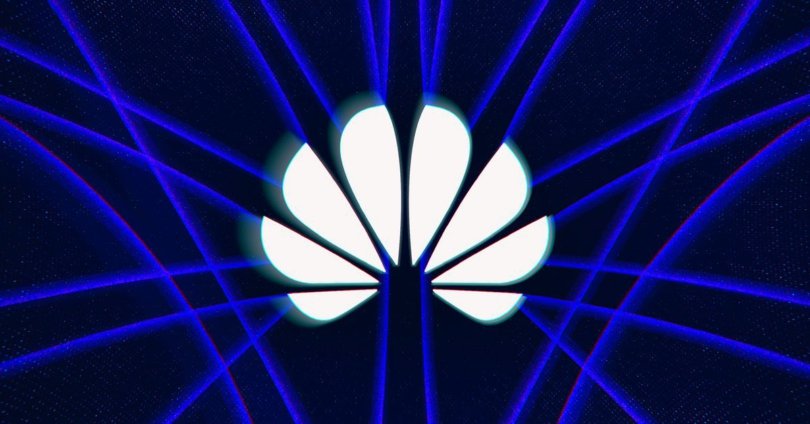Huawei asks court to overturn FCC ban
- Advertisement -
Huawei has asked a court to overturn the Federal Communications Commission’s designation of it as a national security threat.
The Chinese telecom argues that the FCC overstepped its authority in December 2020, finalizing a ban supported by former President Donald Trump.
- Advertisement -
“The order on review potentially impacts the financial interests of the telecommunications industry as a whole,” Huawei’s request says, including network operators the FCC locked out of buying Huawei components.
- Advertisement -
The Biden administration’s FCC reiterated its support for the decision, however.
Last year the FCC issued a final designation identifying Huawei as a national security threat based on a substantial body of evidence developed by the FCC and numerous US national security agencies.
We will continue to defend that decision,” a spokesperson tells The Verge.
Huawei was deemed a threat under Trump, whose administration used a variety of methods to sever its ties to US businesses.
- Advertisement -
Federal agencies argued that Huawei equipment posed an inexcusable security risk, citing possible backdoors that would let the company spy on Americans.
Huawei has denied the allegations.
In 2019, the FCC voted to bar using federal funds to buy its products, preventing American companies from rolling out wireless networks with Huawei (or fellow Chinese company ZTE) equipment.
That order took effect in June of last year, despite a legal challenge from Huawei. The FCC went further in December, voting to make companies replace existing Huawei equipment.
Trump’s Huawei feud was part of a larger trade war with China, and it was followed by unprecedented attempts to ban popular mobile apps TikTok and WeChat.

President Joe Biden has not renewed the war on TikTok, but his administration has indicated that it will continue cracking down on Huawei — despite the wishes of Huawei CEO Ren Zhengfei, who said he would “welcome” a call from Biden. Gina Raimondo, Biden’s nominee for Commerce Department secretary, said she saw “no reason” to remove it from the department’s banned Entity List last week.
Source: The Verge
- Advertisement -

